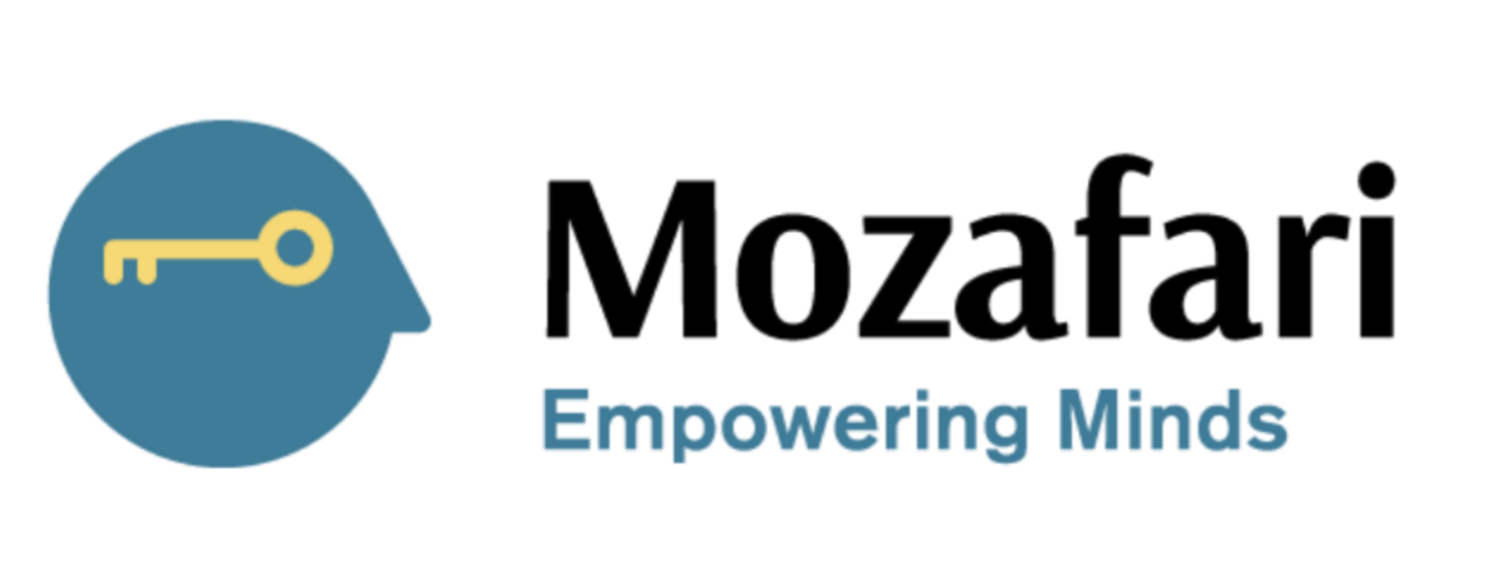FARNOUSH MOZAFARI, PH.D., RSSW
Farnoush Mozafari received her Ph.D. from York University in sociology. During her doctoral studies, she opted to specialize in social psychology, psychoanalysis and trauma models and theories and taught Sociological Perspectives in Social Psychology at York University for a number of years. Prior to her academic pursuits, Mozafari underwent social service work training, between 2005 and 2008, and worked – just to name a few – at York Central Hospital’s Long Term Care Facility, Regeneration Community Services in partnership with the Centre for Addiction and Mental Health (CAMH), and the Healthy Beginnings and Family Drop-In Program at Davenport Perth Community Center. Fast forward to 2016, while Mozafari was in her doctoral program conducting research on various trauma interventions and theories in the fields of sociology, psychiatry and psychoanalysis, she was accepted into the Advanced Training Program for Psychoanalytic Psychotherapy at the Toronto Psychoanalytic Society & Institute’s program, in affiliation with University of Toronto’s Faculty of Medicine, Department of Psychiatry. It was at this time that Mozafari opened a small private practice, with a special focus on trauma. Working with couples, families, small groups, and individual clients, Mozafari makes use of her up to date trauma research background to carefully and skillfully respond to her clients’ needs.
ACADEMIC PROFILE
Mozafari’s research is practice based and fundamentally interdisciplinary, taking shape at the intersection of (neuro)psychoanalysis, phenomenology, social psychology, cognitive science, philosophy of science, social theory and sociology of knowledge/science. Her current doctoral research study, inspired by her Master's thesis entitled "Perceiving Unobservable Entities: Recovering the Scientific Experience through the Fact & Unconscious", examines current trauma intervention models used in mental health to service refugees and/or individuals who have faced forced migration. This study is a narrative analysis that will be conducted through a retrospective longitudinal method using systematic case studies and single-case designs from her own practice in an effort to deduce whether or not conventional trauma medical models reproduce or disrupt ‘refugeeness’. This research has been reviewed and approved by the Human Participants Review Sub-Committee, York University’s Ethics Review Board and conforms to the standards of the Canadian Tri-Council Research Ethics guidelines. Should you wish to inquire about this study, Mozafari can be contacted via e-mail.
Mozafari previously taught Sociological Perspectives in Social Psychology at York University. The course examined intersubjectivity, contemporary and classical interpretive approaches, methods in social psychology, methodological issues and ethics, selfhood (processual and structural), positivism/postmodernism, personality and character, motivation, emotion, social structures, deviant behaviors and communities, mental health and illness, and body/embodiment.


